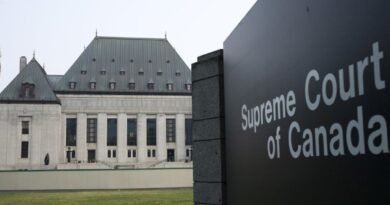Consumers Advised to Save Tax-Cut Benefits for Future Needs
Instead of splurging the money saved from forthcoming tax cuts, most Australians intend to either save it or use it to pay off debts.
The government’s stage-three budget relief package, touted as the main measure to ease living expenses, is expected to be mostly put aside rather than spent frivolously, based on a survey conducted by the National Australia Bank (NAB).
According to the research, one in three Australians plan to save the extra money from the tax cuts, which were initially legislated a few years ago but recently revised by the Albanese government, once they come into effect on July 1.
Another 22 percent of the 2000 survey respondents stated they would allocate the funds towards paying off debts, while 29 percent hoped to use it for essentials to combat the high cost of living.
NAB’s personal banking executive, Paul Riley, highlighted that only eight percent of respondents indicated they would spend the additional cash on non-essential goods and services, which is viewed as positive news in the effort to combat inflation.
“The expected returns from the stage three tax cuts will help bolster savings or emergency funds,” Mr. Riley noted.
The federal budget introduced by the Albanese government on May 14 arrives at a time of easing but lingering inflation, with certain economists cautioning the government to proceed carefully to avoid exacerbating the issue.
KPMG chief economist Brendan Rynne emphasized the importance of the government not entering an “expansion mode” in the budget.
Dr. Rynne stated, “The Reserve Bank expressed clear concern at its press briefing last week that inflation is still not under control and that a lot of work is needed to bring it back to the target range.”
“That task will be made much harder if government spending takes off again,” he added.
The economist’s forecast predicts a surplus of approximately $10 billion (US$6.6 billion) in 2023/24, showing a positive outlook for government finances with larger deficits expected over the next four years as increased spending outpaces a $25 billion (US$16.5 billion) tax windfall.
Treasurer Jim Chalmers assured that his budget will strike a balance between addressing immediate inflationary pressures and the long-term necessity for economic growth.
“It will combat inflation without causing harm to the economy,” he stated on May 10.






